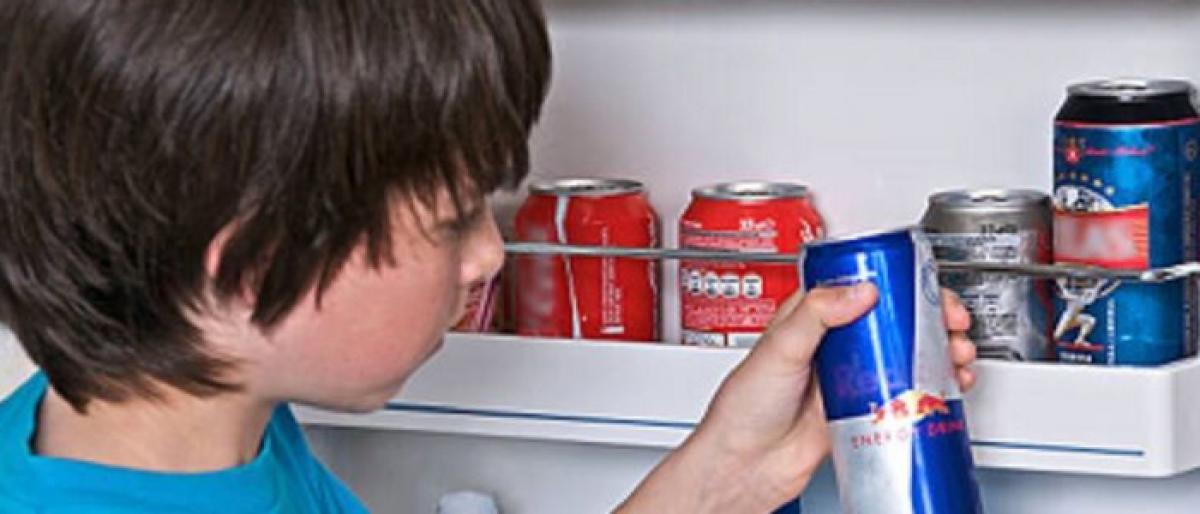Live
- SP Riti Raj helds Monthly Review with the district police
- DIG Chauhan says sports are very beneficial for health
- Rahul Gandhi has not contributed to India's development, says Rajeev Chandrasekhar
- Assam Rifles jawan injured as patrol ambushed in Tinsukia, ULFA-I claims responsibility
- IMF increases India's growth projection to 6.8 pc for 2024
- ‘Shikhar's injury is part and parcel of the game, people praise and also troll, don't take it to heart’: Shashank Singh
- Chandon redefines the Indian culinary landscape
- Flame for the Olympic Games Paris 2024 lit in a symbolic ceremony in Ancient Olympia
- Centre doesn't discriminate between BJP-ruled and Oppn-controlled states: PM Modi
- 200 complaints received from various political parties: ECI









